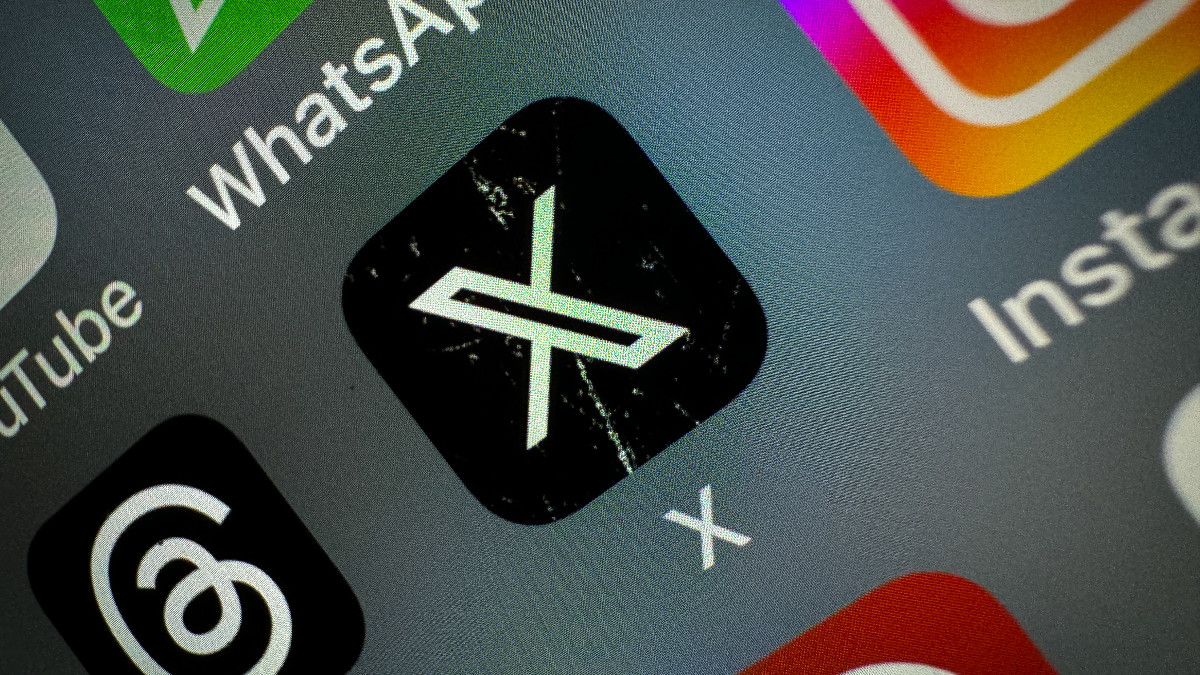‘Valuable political speech and commentary’: X files new lawsuit to protect its right to spread political deepfakes and misinformation

As part of its new commitment to cultivating a toxic platform, X (formerly Twitter), has filed a new lawsuit to block California’s efforts to curb the flood of deepfakes and intentionally misleading media intended to influence elections.
The social media platform and its CEO Elon Musk have come under fire for their role in spreading misinformation during the 2024 election. Now, X is pushing back against states taking steps to combat the insidious erosion of truth on social media.
The company’s latest lawsuit, which targets California legislation, targets Assembly Bill 2655, dubbed the “Defending Democracy from Deepfake Deception Act of 2024,” which is set to take effect next year. The bill expands existing election law and requires social media platforms to remove or label any audio or visual media that is “materially fake” starting 120 days before an election with a disclaimer.
X is framing its opposition to the legislation as a First Amendment issue. “It is difficult to imagine a statute more in conflict with core First Amendment principles,” the Thursday filing claimed.
The lawsuit argues that the requirements of the bill will “result in the censorship of wide swaths of valuable political speech and commentary and will limit the type of ‘uninhibited, robust, and wide-open’ ‘debate on public issues’ that core First Amendment protections are designed to ensure.”
Calling the bill “draconian and one-sided,” the X filing alleges the legislation will have a chilling effect on the industry, prompting other social media platforms to “censor all content that could reasonably fall within the statute’s purview to avoid substantial enforcement costs.” The lawsuit argues that “this will lead to censorship at the direction of the State.”
This isn’t the first lawsuit X has filed against the state of California targeting deepfake legislation. The company successfully blocked another law, AB2839, last month. In his decision, U.S. District Judge John A. Mendez said the legislation provides “unbridled license to bulldoze over the longstanding tradition of critique, parody, and satire protected by the First Amendment.”
These two pieces of legislation aren’t exactly groundbreaking in the state of California. Existing law, under California Election Code § 20010, already requires social media platforms to remove or label deceptive media within 60 days of an election.
AB2655 and AB2839 just expand the implementation of those requirements from 60 to 120 days before an election and empower candidates, election officials, and any recipients of the media to file a civil action against non-compliant social media platforms. Platforms are also required to “provide an easily accessible way … to report content” and remove that content or label it deceptive within 72 hours of receiving the report.
While it’s more important now than ever to uphold the First Amendment, X’s claims about the California deepfake legislation seem overblown. For one, the requirements only apply in the months before an election, not permanently. The legislation also doesn’t force platforms to delete all questionable material. Companies are free not to remove the material; they just have to add a disclaimer to it, much like many already do with fact-checking disclaimers.
And even though the judge who blocked AB2839 was worried about its impact on “the longstanding tradition of critique, parody, and satire,” that bill, AB2655, and the existing law all make specific provisions to exempt material that constitutes satire or parody.
Free speech is an essential component of any democracy. But when the First Amendment was established, no one could have predicted the AI technology we have today. Deepfakes and manipulated media can and are being weaponized to deliberately spread misinformation. It isn’t eroding free speech to give people a heads-up when they’re being intentionally lied to in such a misleading and convincing way.
Have a tip we should know? [email protected]
